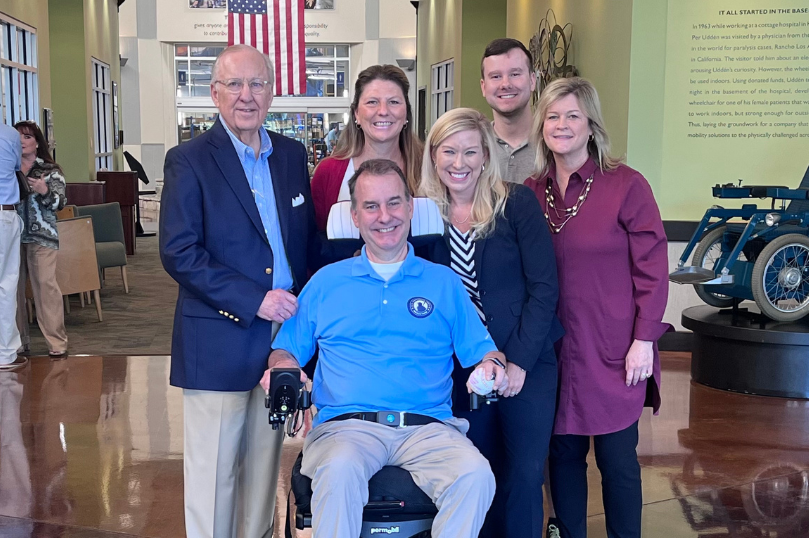By Brad Shafer, Nebraska-Lincoln, ’94 and Associate Dean – Advancement, UNC Kenan-Flagler Business School
University Advancement: A source of funding for Phi Delt and your university.
Why is the English Building named for that family? What compels that alum to send you that $500 each year for rush? Why does the university invest in Alumni Relations/Development (fundraising)? While I can’t answer those exact questions specifically, having been in University Advancement since 1995, I hope I can provide a little insight that far too often, most undergraduates never gain.
In the majority of cases, most alumni who give to your university or your chapter do it neither for the recognition or the tax-deduction. Most donors are philanthropic because they had a positive experience, feel their association has improved them in some way and simply wish to keep it strong/make it better/provide the same opportunity for someone for one who may follow after.
University Advancement Offices, in most cases, are not only very efficient, but are serving an increasingly important role. The national average for the cost of a dollar raised is about twelve cents. Further, while university budgets are being cut, private gifts are becoming more and more important. In some cases, philanthropic dollars are now a significant portion of the budget, instead of fully creating a margin of excellence.
Thank a Brother. He is helping pay part of your tuition.
All that is to say, while tuition continues to rise and going to college is certainly not inexpensive at most places, what you pay to attend, usually covers about 20% of the actual cost to attend. Imagine your experience if someone removed 80% of the buildings, Rec Center, your chapter house, intramural fields, etc. While it is difficult to grasp while you are there, between the taxpayers of your state and alumni, you are being provided an experience at an 80% discount!
Study after study has shown that Greek alumni are more philanthropic to their respective universities than non-Greeks. So in the big picture of life, why does membership in a fraternity, for only four years, usually many years ago, compel Greek alumni to be so generous? Nearly all of them cite the friendships they made there, the ideals they learned and the leadership opportunities provided that gave them a head-start for their careers.
The majority of donors to Phi Delt are also donors to their respective alma maters.
You are an alumnus in residence.
Right now, giving back to your school or to Phi Delta Theta may be the furthest thing from your mind and that is ok. I challenge you to think of yourselves as “Alumni In Residence” and understand that many people before you have created the phenomenal experience you are living right now and that when that email, letter or phone call comes from Phi Delt in a few years, try to return the collective favor at any level you can. After all, you are only an Active for four years, you will be an Alum for the rest of your life and we each have a responsibility to transmit it greater.
Yours In The Bond,
Brad Shafer, Nebraska-Lincoln ‘94
Brad Shafer, Nebraska Alpha (Nebraska-Lincoln) 1994 leads the Office of Advancement (alumni affairs, development, annual fund, corporate relations and stewardship) at UNC Kenan-Flagler Business School. He also serves as the chief fundraiser responsible for securing gifts of $1 million or greater.





